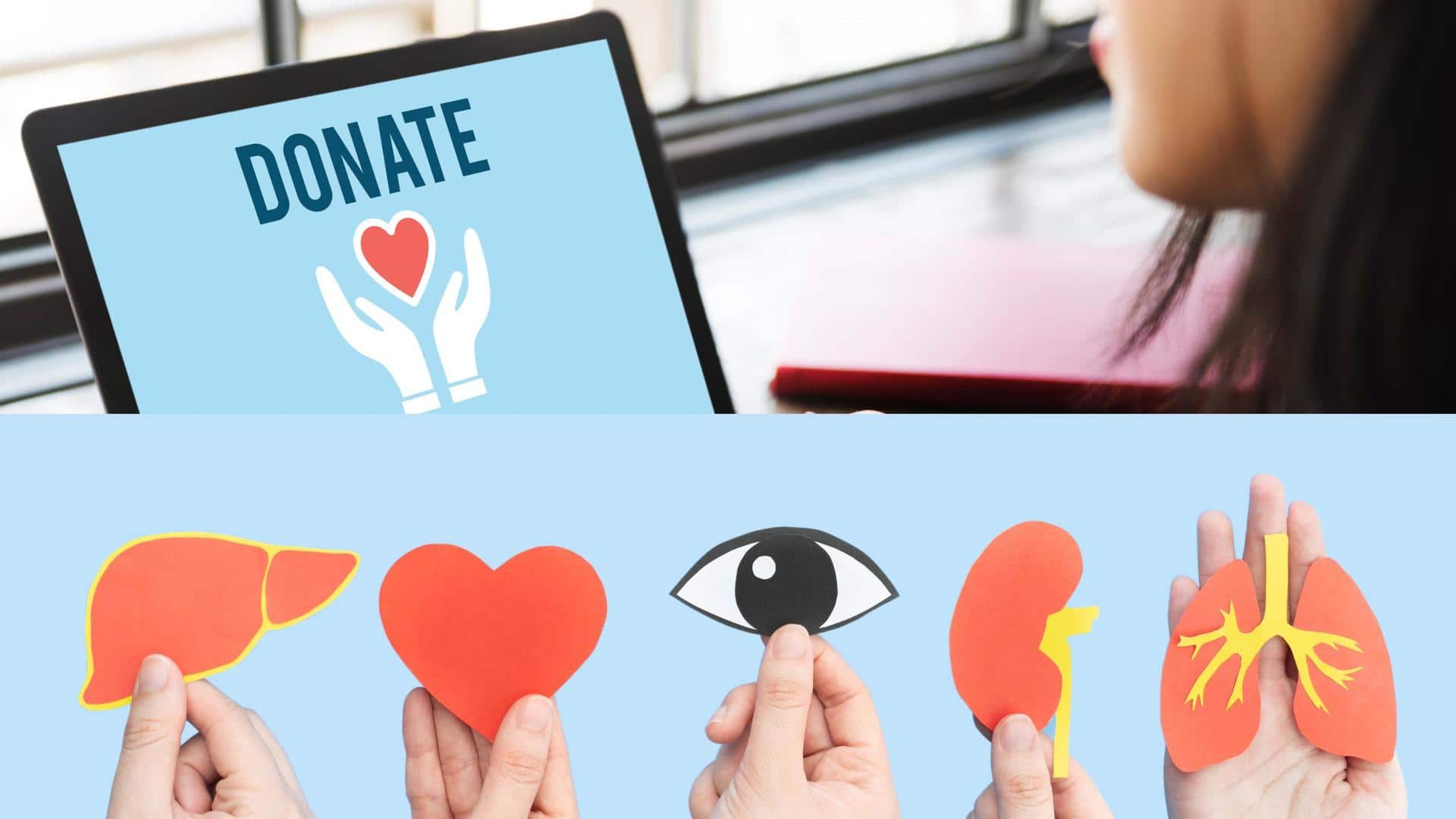
Organ donation: Myths you should stop believing right away
What's the story
Organ donation is defined as a process wherein a person donates healthy, transplantable organs either while living or after their death. While it is a very noble thing to do, multiple myths around it hinder one from doing this kind deed. On that note, let us debunk five of the most common misconceptions about organ donation with facts about the matter.
Myth 1
Myth 1: Anyone can be an organ donor
No, not everyone can donate organs. Various medical restrictions in place automatically disqualify one from donating their body parts. For instance, surgeons don't transplant vital organs like the heart from people who are completely dead as they don't have a heartbeat anymore. Even at the time of an organ donor's death, the doctors may only donate organs that are suitable for transplantation.
Myth 2
Myth 2: Organ donation mutilates the body
Organs are carefully removed from one's body through proper surgery. Hence, the body is not mutilated. Sometimes even a fake organ is put in to ensure that there is no difference in the deceased's body. After eye donation, an artificial eye is inserted and the eyelids are closed, whereas, in a bone donation, rods are inserted where the bones are taken from.
Myth 3
Myth 3: Doctors may not effortfully save your life
People fear organ donation as they think if they land up in a hospital due to an accident or disease, doctors may not take an effort to save their life if they know they are organ donors. False! The medical staff will do everything to save your life. An individual must be on a ventilator and pronounced brain dead to donate organs.
Myth 4
Myth 4: Your family will be charged if you donate
This misconception is nowhere near the truth. An organ donor's family is never charged even a single penny for the process, so you can be worry-free. The only bills they may pay are for the final medical processes to save your life. However, the cost of organ donation is only borne by the one receiving those organs i.e. the transplant recipient.
Myth 5
Myth 5: Organ donation is against religion
All major religions around the world permit organ donation and leave it to one's personal choice. They not only support this but also encourage it as an act of compassion and kindness. Despite that, if you are still unsure of your religious beliefs, you should get in touch with your religious leader to seek clarity on organ donation.